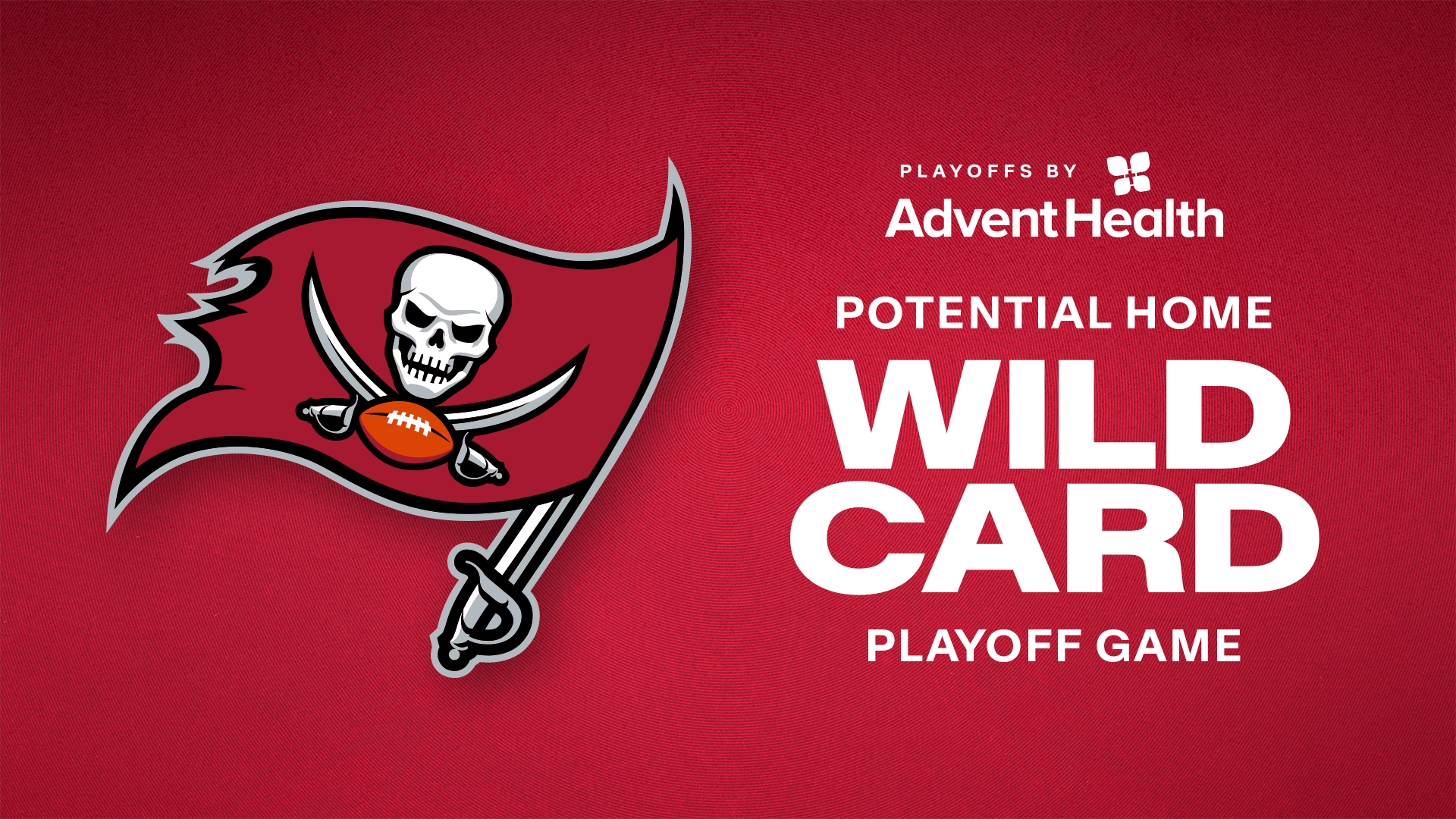Rich McKay (left), here with FOX broadcaster John Madden, knows that the networks think of NFL rivalries in national terms
Last year, at this same time, the National Football League was discussing the same issue: realignment.
With the addition of a 32nd team, the Houston Texans, who will begin play in 2002, the NFL has to rework its divisional alignment to some degree. How extensive the realignment will be, how many teams will be asked to switch divisions or even conferences and how jealously specific rivalries will be guarded has yet to be determined.
Buccaneers General Rich McKay has said that he doesn't necessarily expect the realignment to be too drastic. Addressing this topic previously, McKay said:
"I think that there will be an element of regional aspects to the divisions, but I don't think they'll be totally regional-driven. I think also you won't see a lot of teams switching from the AFC to the NFC and vice versa. I think there will be minimal changes. Accordingly, I think it will be (unlikely) for us to go into the AFC, where Miami and, I think, Jacksonville will remain. I think we will get some regional games, because I think we will get some division opponents such as Atlanta, maybe New Orleans, maybe Carolina. I don't look for us, though, to go to the AFC based on what I've heard."
An answer on whether those predictions come true will apparently have to wait until the summer. The NFL has announced that its final decision on realignment will not come until closer to June 1.
The teams will not be realigned next week at the annual spring meetings in Palm Desert, Calif.
"We'll limit the plans to a reasonable number next week," said Roger Goodell, the NFL executive vice president, who is in charge of realignment. "But we will not have the final vote at this meeting. It's very complicated and we haven't been able to come up with the right formula to be fair to all sides."
Realignment will now likely be voted on at a meeting scheduled for Chicago during the final week of May.
The basic format for the increase from 31 to 32 teams is already approved: eight divisions of four teams each with a 16-game schedule that will include home-and-home games within the division, four more games against another division in their conference and four games against a team in the other conference.
The other two games will be based on standings — first-place teams vs. the first-place teams in their conference and second-place teams against second-place teams and so on.
Goodell said that some of the alignments would be similar to current ones, but that there was no consensus on geography.
"Having teams that are not necessarily geographically aligned is attractive," Goodell said. "We heard that from the networks. We believe we're a national game and there's been less focus on geography than many people think."
























